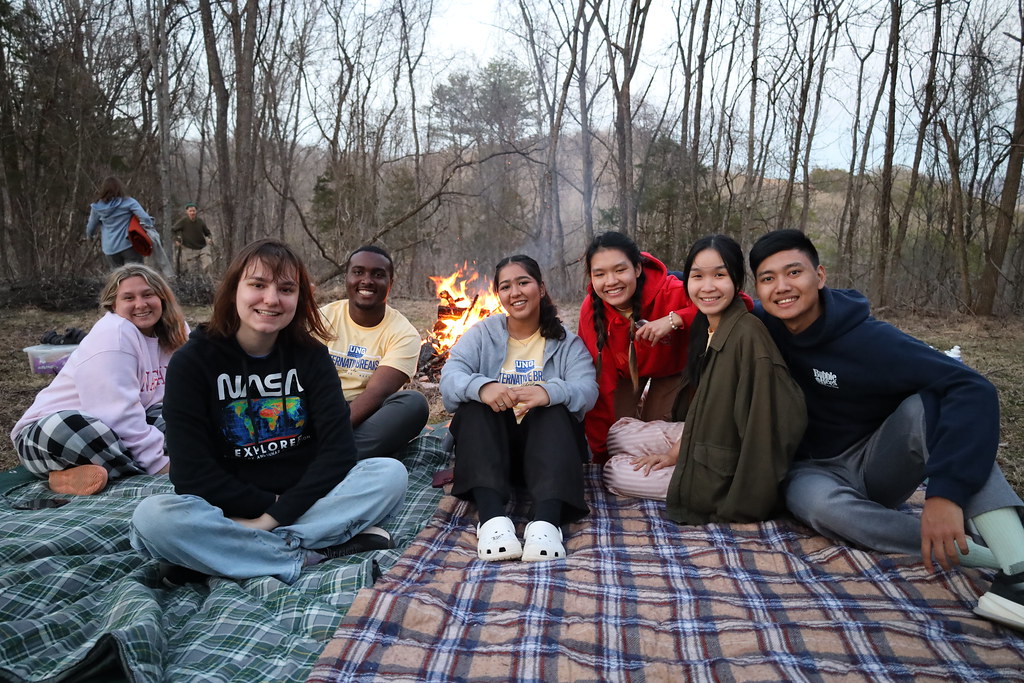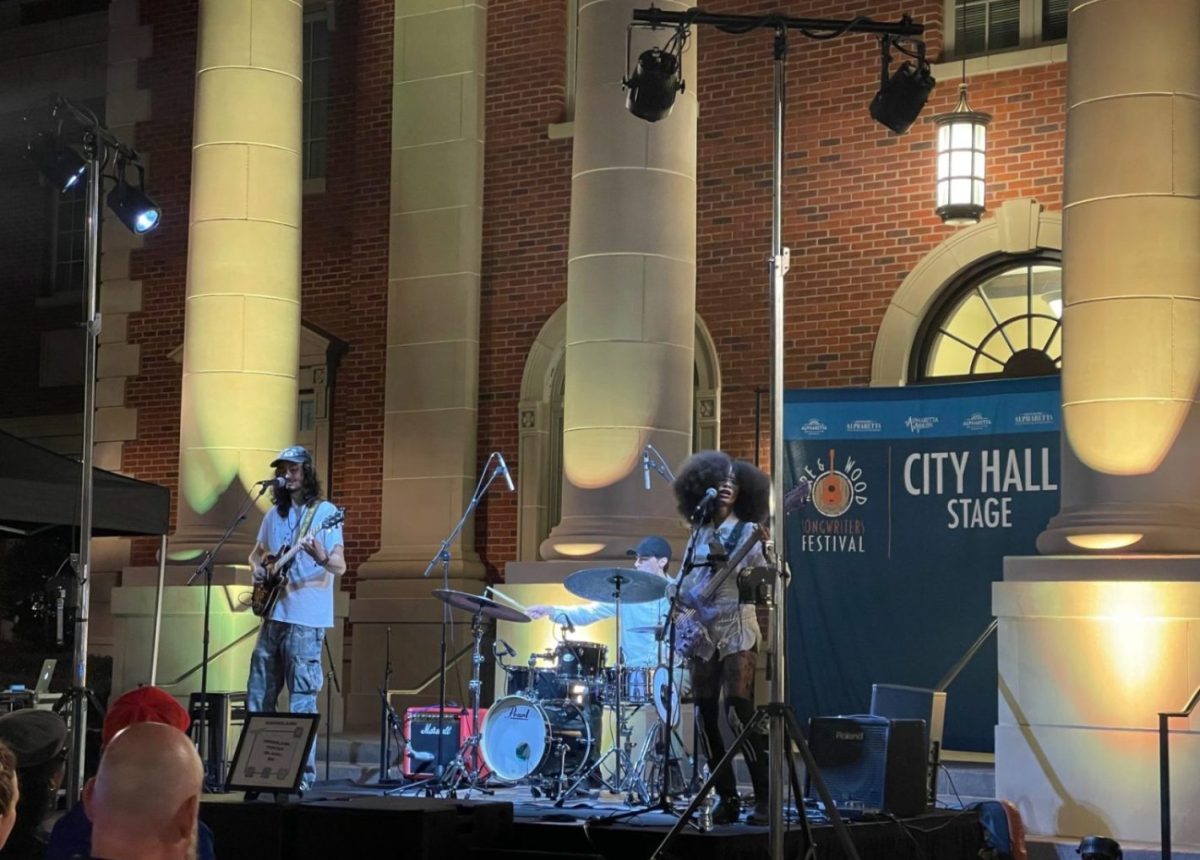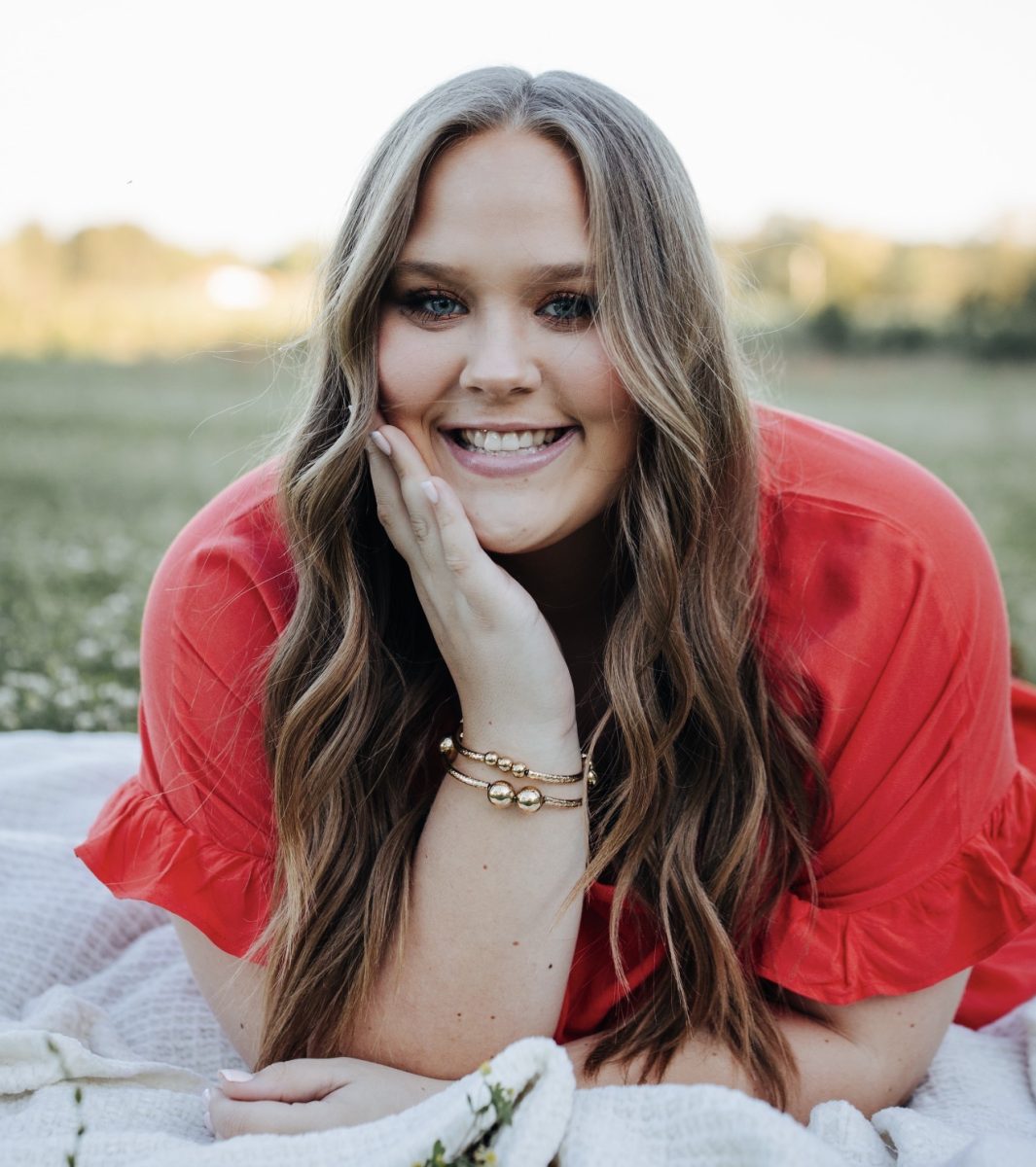This fall semester at the University of North Georgia has been particularly heavy, marked by the loss of three students. While these tragedies were incredibly heart-wrenching to the UNG community, they served as a powerful reminder of how often young people feel isolated and hopeless in their struggles. These circumstances solidified the incredibly deep need for college students to have support systems- whether from friends, mentors, church organizations, counselors or other people in their lives – people who are willing to walk alongside them with open arms, ready to embrace them in their greatest time of need.
For many, college is often marketed as ‘the best days of your life.’ However, what happens when that isn’t your reality? What happens when all your expectations come crashing down? Is it possible there is a false portrayal of college life that is contributing to the emotional strain that many students experience?
“The media doesn’t show the reality of college. You can’t handle everything all the time, and those advertisements are just selling a dream,” said Ryan Sack, sophomore accounting major. “In reality, you shape your own experience, but there’s always a trade-off involved.” The disconnect between media portrayals and actual student experiences highlights the pressure many students feel when their own lives don’t resemble the idealized images they see online.
Jeff Marker, director of the School of Communication, Film and Theatre, said “Media and cultural narratives might be the worst place to look for definitions of what makes a happy young adult. Often, these narratives sell happiness as a commodity, promising that their product can provide quick fixes to emotional or physical struggles. ‘Losing hair? Need to lose weight? Depressed? All you need is a prescription and an app.’ That’s a dangerous message, but it’s typical in American culture, in which consumerism is equated to happiness.”
“We have always had idealized perceptions in mass media with television, movies, but the interruption of social media has added another layer to happiness like happiness equals beauty but it’s all filtered, which has always been there but now its supersized, where you need to be perfect and own a million things and having this incredibly exciting life like going international,” said Caitlin Wills, professor of communications.
In contrast, the reality for many college students looks much different.
“The reality of college is a lot of studying and literally, just taking care of yourself, like eating and sleeping,” said Caroline Kend, freshman nursing major.
Although it may outwardly seem simple, the incorporation of basic self-care routines can often be the most grounding and stabilizing practices for a college student, according to a program from the National Council for Mental Wellbeing.
“Definitely taking breaks and understanding rest is as important as motivation and grinding. Do things you like to do, I love to hike, hang out with friends, listen to music, stuff like that. Know that you do have autonomy and freedom,” said Gabriel Prokes, senior business management major.
A happy young adult, according to Kel Lee Cutrell, associate director of UNG counseling services, is someone who is able to healthily cope when faced with adversity. “A happy young adult can find joy and pleasure in everyday life experiences. They have purpose. They have a sense of contentment with the direction their lives are taking them. A healthy young adult will be able to cope in healthy ways when life does not go in the direction they want, and life becomes very difficult.” Resilience, in other words, is key. It doesn’t mean living a perfect, untroubled life- it means finding the strength to keep going when everything feels like it’s falling apart. It means leaning on others when the weight becomes too heavy to carry alone and having the courage to ask for help, even if it takes everything in you.
It’s easy to fall for the lie that we can thrive on our own, but the truth is, we can’t. To not just survive but flourish, students need real, meaningful friendships- not just the friends who show up for the good times, but according to National Institutes of Health research, the ones who stay and listen when it feels like the world has gone quiet.
“Hanging out with friends, walking around, smiling and laughing, it’s all about enjoying the basic stuff,” said Mason Erickson, sophomore computer science major.
“Being part of a friend group, joining clubs, and going to events is important, it gets you out of the boringness of just sitting in your room,” said Jacob Day, sophomore mathematics major.
For Cole Turner, junior middle grades education major, getting involved wasn’t just an extracurricular choice- it was the lifeline that completely transformed his college experience. “When I came to UNG, everything changed. Getting out and being involved and having a group of people you connect with and that can understand you and help you- being actively involved is a great way to ease the transition.”
Taking care of your physical health isn’t about perfectly following an influencer workout program or seeking validation on your outward strength- it’s about the small choices that keep you moving forward. Getting some sleep, eating something that isn’t microwaveable, or moving your body even when you don’t feel like it can make a huge difference in how you feel mentally. When everything feels overwhelming, taking care of yourself physically can help you keep your head above water.
“Taking care of yourself, like being able to eat well and work out, helps you stay well-balanced and take care of both your physical and mental health,” said Caroline Kend.
In light of all this, maybe it’s time we rethink what happiness and health actually mean in college. What if happiness was never about curating a life for social media but living one on your own terms? What if it wasn’t about having 50 acquaintances but a few solid friends who show up when it matters most? What if health wasn’t measured by appearances but by how you truly feel? And what if the moments that matter most aren’t the ones caught on camera but the ones you felt in your bones?
In the end, it’s those small, unfiltered moments that remind us of what’s real. “We are not all robots, and we can enjoy and live our lives,” said Prokes, a reminder to embrace the good, the bad, the ugly, and everything in between. Letting yourself feel the waves as they crash might just be the first step toward finally catching your breath again.
“Meet people before things take a different approach and help them find the thing that makes them happy, to pull them out of that lull,” said Turner.
Prokes says when all feels dark, there is still light to be found, “Everything happens for a reason regardless if you like it or not, and whether it’s good or bad, it’s all part of God’s plan and it’s knowing that even during these hard times there’s always something positive to look at. Romans 8:18 comes to mind ‘the pain you are feeling cannot compare to the joy that is coming.’”






















